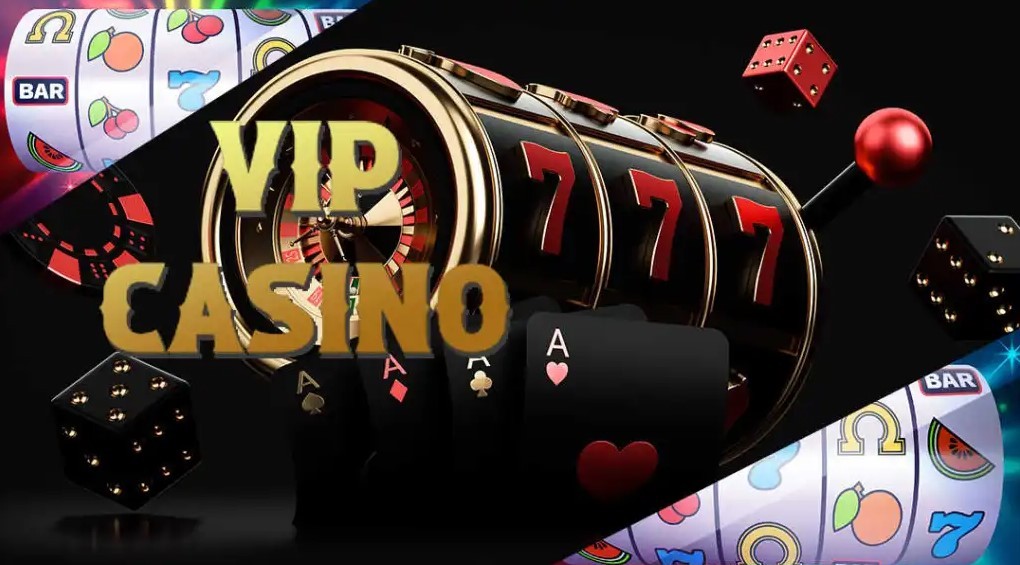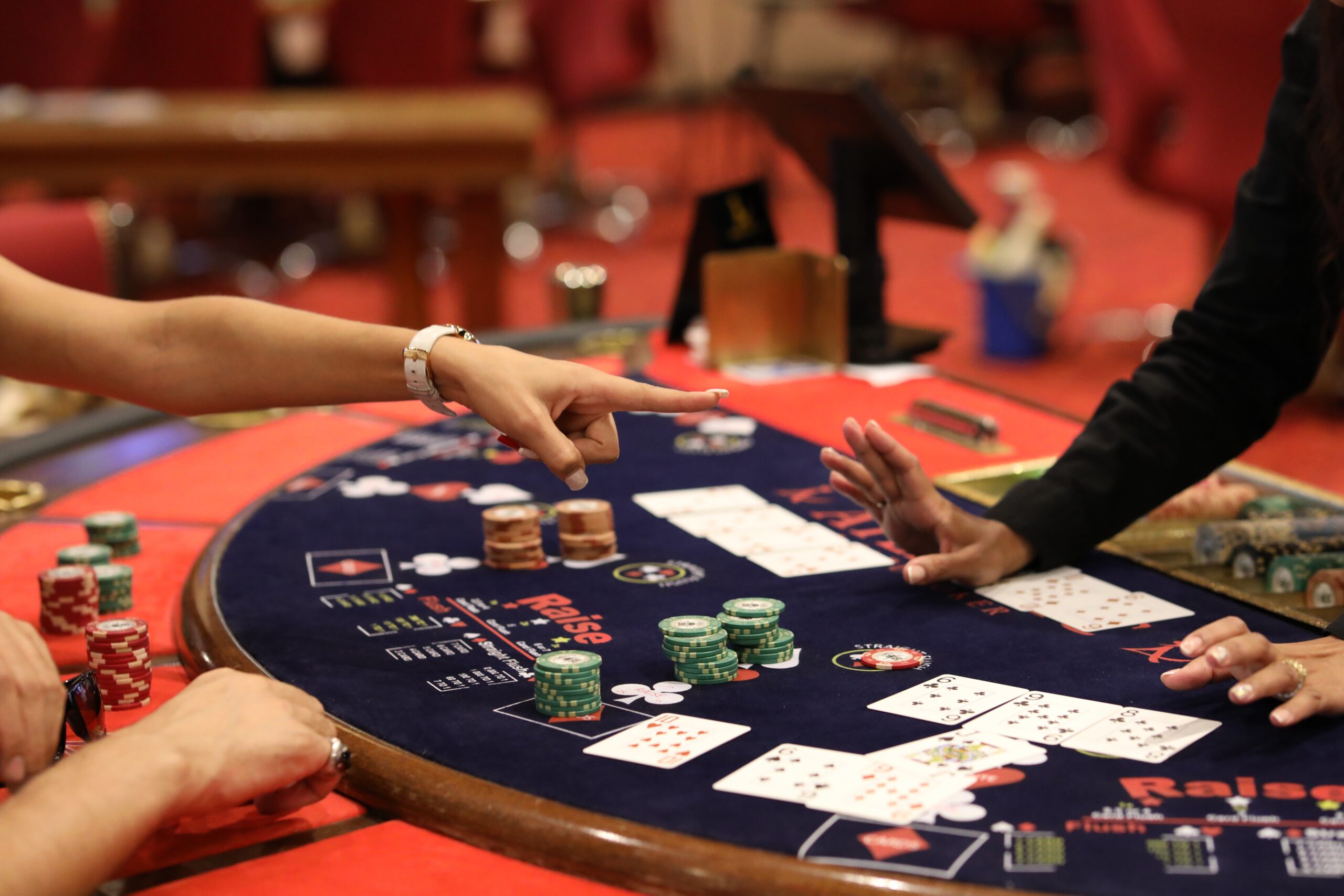Upon receiving winnings in roulette, a tax obligation automatically arises. The prize fixed by the operator is classified as an individual’s income. Regardless of the format – online or offline – winnings must be included in financial reporting. According to current rules in Russia, a tax on winnings is applied to amounts in casinos exceeding 4000 rubles per year. Whether it’s a bank transfer, cash payout, or processing in a gambling zone – all of these make the income transparent to fiscal authorities.
The participant’s status is of particular importance. For residents, a progressive scale from 13% to 22% applies. If a person resides outside the country for more than 183 days a year, a 30% rate is applied. The tax authorities determine the status based on migration and banking data.
Who and How Monitors Payouts?
Responsibility for monitoring tax revenues from winnings is assigned to several structures. Control is carried out both at the time of receiving income and during subsequent declaration.
- gambling platform operators – provide data on the amount to the tax inspection;
- credit organizations – record large inflows and verify the source;
- tax authorities – compare data, notify of the need to submit Form 3-NDFL;
- Bank of Russia – monitors the movement of funds as part of anti-money laundering efforts;
- gambling zone regulators – monitor the legal compliance of operations.
In aggregate, such a system ensures full transparency. In case of discrepancies, the tax on casino winnings in Russia is recalculated, and penalty sanctions are applied.
Tax on Winnings in Online Casinos: Remote Control Features in Russia
Platforms operating in a virtual environment are subject to the same supervision as land-based establishments. However, when registering in a foreign jurisdiction, the tax obligation falls entirely on the individual. In this case, the tax on winnings in online casinos must be calculated independently.
Transferring funds through the banking system allows regulators to detect income. Information is sent to the FNS database, followed by verification. If a violation is detected, a payment demand is issued, and if ignored, a penalty procedure is initiated.
Do You Need to Pay Tax on Casino Winnings: When a Citizen Becomes a Taxpayer?
The obligation to pay arises when winnings reach a threshold value. It is important to consider several conditions. Below are the criteria under which an individual becomes a taxpayer:
- the amount exceeds 4000 rubles per year;
- the income source is not a tax agent;
- funds are received directly, without deductions;
- the operator is registered outside Russia;
- receipts are of a regular nature.
If at least one of the points coincides, there is an obligation to declare. In Russia, the tax on casino winnings must be paid by July 15 of the following year.
How to Pay Tax on Casino Winnings?
To avoid legal issues, it is necessary to strictly follow the established procedure. The filing and payment mechanism involves several stages:
- obtain confirmation of funds receipt (statement, screenshots, documents from the operator);
- calculate the amount subject to taxation;
- determine the applicable rate based on the status;
- prepare Form 3-NDFL;
- submit the declaration by April 30;
- make the payment by July 15.
Compliance with all procedures ensures that the tax on casino winnings in Russia is recognized as paid on time.
When Payment Is Not Required: Exceptions
There are situations where tax payment is not required. This particularly applies to prizes falling below the minimum threshold or those already taxed at the payout stage. Exemptions from payment include:
- amount less than 4000 rubles per year;
- full tax deduction by the operator;
- income from an organizer registered in Russia;
- participation in a promotion not classified as gambling;
- receiving a prize as part of a marketing campaign.
Each of the exceptions must be documented. Otherwise, the tax on casino winnings in Russia may be levied during an audit.
Who Is Responsible for Control and Reporting: Interaction Structure
The tax control system in the gambling revenue sector is based on the interaction of several levels. Operators record payouts and provide information to supervisory authorities. Banks monitor inflows and send data to the FNS. The regulator is responsible for licensing and compliance with legal requirements.
The FNS compares information, administers collections, and applies sanctions when necessary. Citizens and non-residents file declarations and pay mandatory amounts. This mechanism ensures transparency and legality of the process in Russia, regulating the tax on casino winnings.
Legislation and Responsibility
According to the provisions of the tax code, all income received in the Russian Federation or from Russian operators is subject to taxation. Violations entail the following consequences:
- a fine of 5 to 30% of the unpaid gambling tax amount;
- penalties for each day of delay;
- account blocking until the obligation is fulfilled;
- administrative liability;
- classification as a risk category by the FNS.
Therefore, evasion of payment results not only in financial losses but also in restrictions imposed by state structures.
Conclusion
Supervision over winnings in gambling formats is carried out at a systemic level. From the moment of receiving a prize, whether it was obtained through a cashier, bank transfer, or online, an obligation to calculate and declare income is formed.
Violation of the procedure leads to fines and increased tax burden. By complying with all requirements, the tax on casino winnings in Russia ceases to be a source of risk and simply becomes another financial obligation.
 en
en  de
de  ar
ar  es
es  hi
hi  fr
fr  nl
nl  it
it  pt
pt  el
el 









